Ever since its creation the International Maritime Organization (IMO) has been working for safer ships and cleaner seas. The term safer ships originally meant improvement in design, construction, material, equipment and training so that accidents and casualties could be reduced. However, a new dimension has been added to the safety factor and that is security. Now security measures are needed to be in place against threat of security against piracy and terrorism because safety cannot be ensured without security. So the objectives of the IMO can now be better explained by saying safety and security in shipping and protection of the marine environment.
Investigation with in-depth analysis of reasons that led to any accident is vital. This is the way to learn lessons and remove chances of similar accidents in future. Here we are talking about investigation with the sole motive of safety analysis. This is known as “safety investigation” and in some countries it is also known as “preliminary inquiry”. It is not the purpose of safety inquiry to apportion blame or to punish anyone. This inquiry does not require any judicial knowledge or overview. This inquiry is best done by technical experts, I mean marine experts. IMO being the safety custodian in international domain, IMO is interested in safety investigation. However, IMO is not a sovereign government and it cannot conduct such inquiries. But IMO wants to know the outcome of all safety inquiries so that it can discuss on its floor about possible measures to prevent such accidents in future. This is why every international convention adopted through IMO (LL, SOLAS, MARPOL and STCW) has a provision requiring the Flag State to conduct inquiry/ investigation into any marine casualty on its ships and make the findings available. Similar provisions are also contained in UNCLOS-82. Such obligation sometimes falls upon Port States when such accidents take place within their jurisdiction. Sometime the two administrations cooperate with each other or even conduct joint inquiry. IMO is not concerned about any criminal or other inquiry conducted under any national law. IMO is interested in findings of safety inquiry in case it leads to any discussion or debate on the floor of IMO for any change or amendment to standards relating to design, construction, material, training or even procedural matter.
National maritime law very commonly referred to as Merchant Shipping Act will reflect the provisions of all international instruments to which the State is a party. However, when making reference to casualty investigation it will evidently not make references under every relevant instrument but make one single reference. However, it is necessary to make certain points absolutely clear. First of all national legislation must make it obligatory on the part of the owner and master of every ship under its flag to notify the administration of any accident or casualty causing damage to any person, ship or its equipment or cargo or other ship or property or any damage to the environment. Similarly the law must also require every foreign ship having met or come across similar incident within its waters to report to the administration.
The administration on receipt of such information shall arrange for a safety inquiry to establish the reason of such accident/ casualty. This will be done with a no blame attitude solely for the cause of safety and the report shall be freely available to all – ship-owners, seafarers, professional institutes and unions. All important investigation report may also be forwarded to IMO for its consideration. Anything beyond the safety inquiry is not a matter for IMO but for national law. The safety inquiry will be conducted without any prejudice to any right of any party to sue another party for any damage or claim. It shall not diminish the right of the Government to order any formal or judicial inquiry where it deems it necessary. The Government may also initiate legal action against any individual for any criminal negligence or gross professional misconduct. However, it is better to clarify that whereas the results of the safety inquiry shall be available to all for the sake of safety and public benefit, it shall not be referred to any subsequent court proceedings and the administration shall not be obliged to produce a copy to the court officially. However, a court may order for such pieces of evidence (like photographs, VDR recordings etc.), that may not be otherwise available, to be produced. No deposition or statement made solely for the purpose of safety shall be produced nor the identity of the persons disclosed. There shall be no prosecution based on the report of the safety inquiry.
I should perhaps clarify here that by referring to the administration we mean the department, directorate or other governmental agency (perhaps headed by a Director General) that looks after day to day administration of maritime matters. It will be enough for the administration to conduct the initial safety inquiry. The term Government will refer to the relevant Secretary of State/ Minister (not any civil servant) who heads that ministry. The law should give specific power to the Secretary of State/ Minister to institute a judicial inquiry when s/he considers it necessary to do so. Such commission may summon witness, take deposition under oath and take punitive measures against anyone found guilty of an offence. The judicial inquiry or its verdict got nothing to do with IMO or its convention. It is just the sovereign right of any independent state to take action as deemed necessary for the sake of good governance and rule of law.
The safety inquiry is viewed with lot of importance. Impartiality is an important factor as the inquiry is not held against any person or party. In some countries they think it is not appropriate for the administration to conduct the safety inquiry as it conducts the survey-certification of ships. How can it reveal its own weakness? This is why in the United States there is a separate body known as National Transportation Safety Board (NTSB) and in the United Kingdom there is Marine Accident Investigation Bureau (MAIB) to conduct such safety inquiry. Definitely they are one step ahead of others.
Now we shall do some case studies. Supposing the watch-keeping officer fell asleep resulting to a grounding or collision. The safety inquiry will make a reference to the actual fact but concentrate on why the officer fell asleep. Is the rest period sufficient to prevent such incident and make recommendations to that effect? It is only a formal inquiry that can look into the conduct of the officer and decide if his/ her certificate should be revoked. In case of a collision the ships may like to go for litigation (sue each other) for apportionment of blame and claim. The insurance industry may not settle any claim unless the ship takes legal measures to reduce its burden. However, it must be understood that the commercial world and the insurance industry will have more faith in a Flag State that has a rule of law. They would like to see that deterrent action is taken against professional negligence and misconduct.
It is now clear that national law (merchant shipping act) has to cover all aspects of maritime matters – registration, mortgage and lien, claim and arrest of ships, safety, security, training and certification of seafarers and manning of ships, environment and commercial (carriage of goods, chartering, carriage of passengers and their luggage, marine insurance both hull/ machinery and P&I). It has to transpose all important provisions of international instruments and blend it with some national requirements. In respect of casualty investigation it has to have clear provisions for safety inquiry under conventions and separate provisions for further litigation where necessary.
Safety investigation is for the purpose of discovering lessons which may be learned with a view to preventing any repetition. It is not the purpose of such investigation to establish liability or to apportion blame, except in so far as it emerges as part of the process of investigating the incident. The report shall be freely available for public benefit but will not be presented as evidence in any court.
The IMO guidelines and the EU directives emphasise on two points. Seafarers must not be harassed during the process of investigation. Seafarers must always be treated fairly. Ships must not be delayed or detained solely for the purpose of investigation.
[This article does not provide any guidance to procedures for investigation. It only clarifies the philosophy and concept of investigation.]
—————————————
Fazlur Rahman Chowdhury <fazlu.chowdhury@btinternet.com>
[The write is a former Director General of Shipping, Bangladesh. He is also an Ex- Deputy Chief Examiner of UK-MCA, Maritime Administrator of Gibraltar and Maritime Adviser to GOP, Kingdom of Bahrain. From the 1st batch of Marine Academy, Bangladesh]


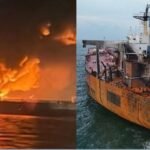

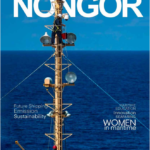
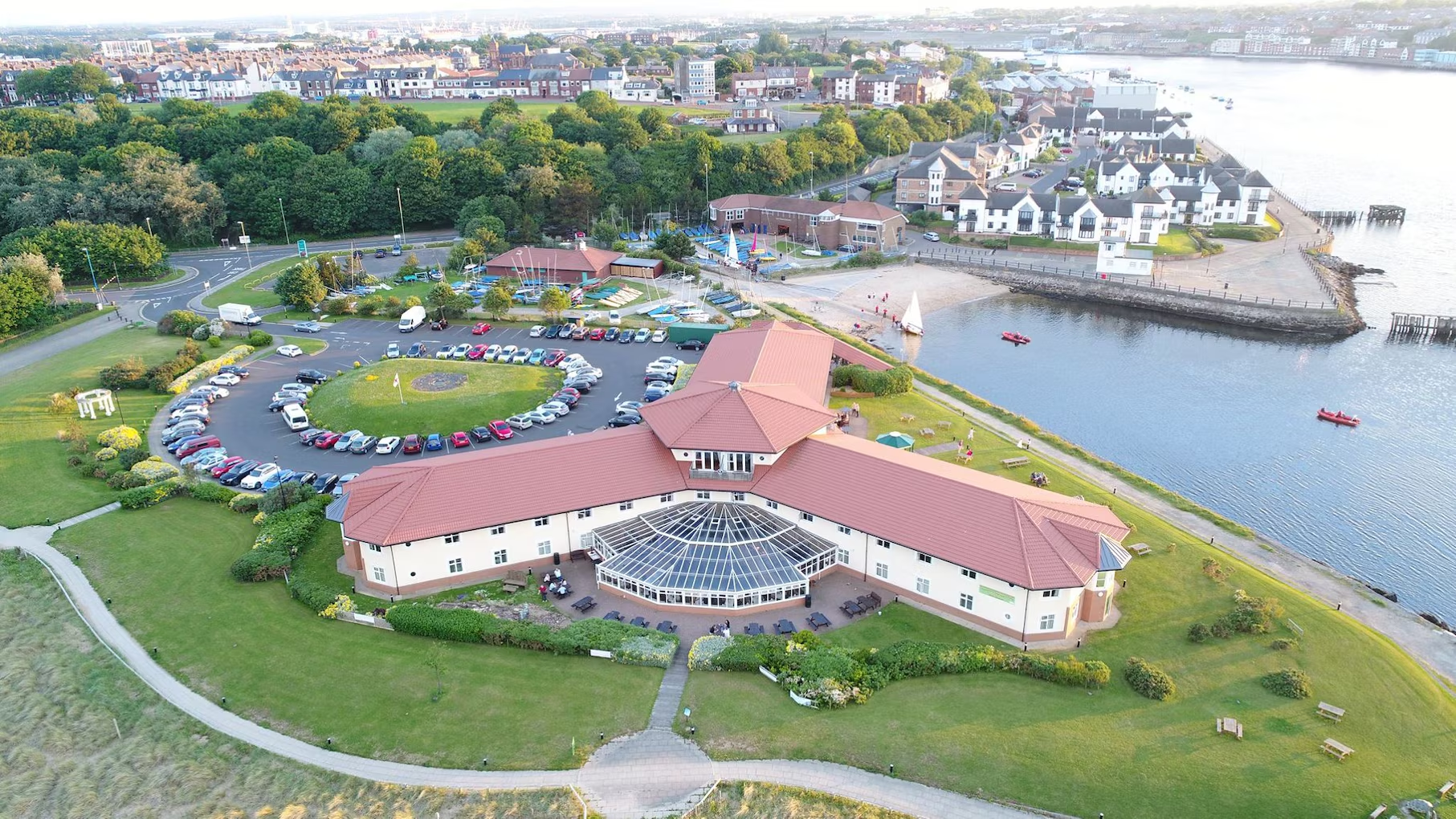




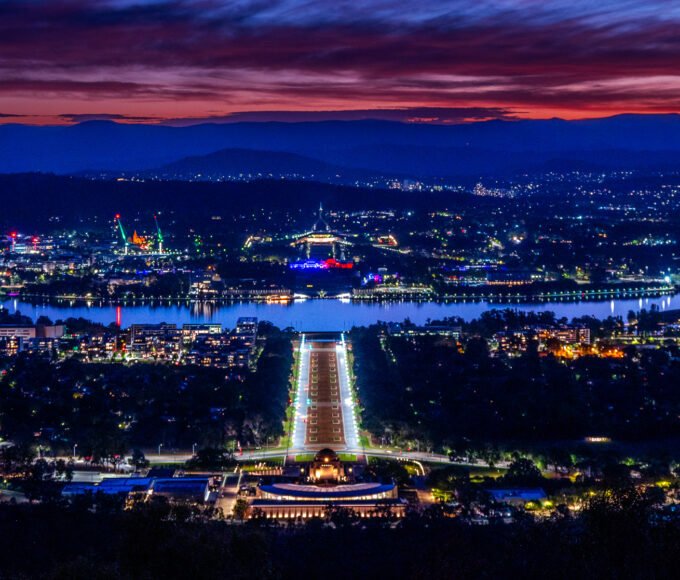

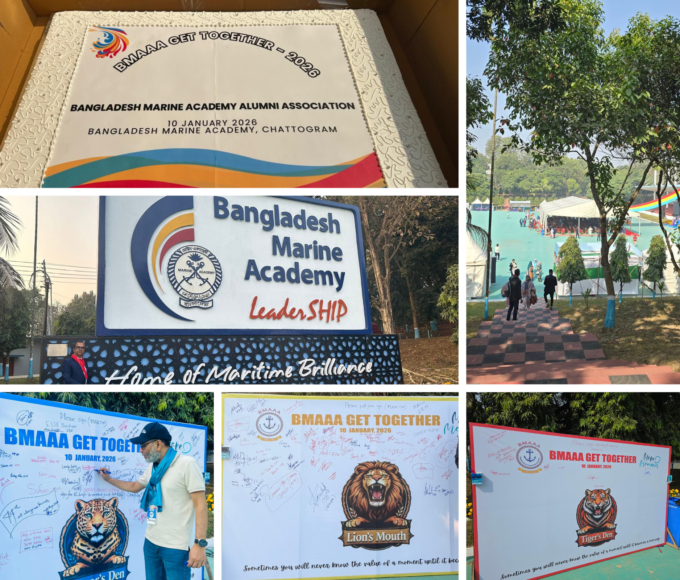




Leave a comment